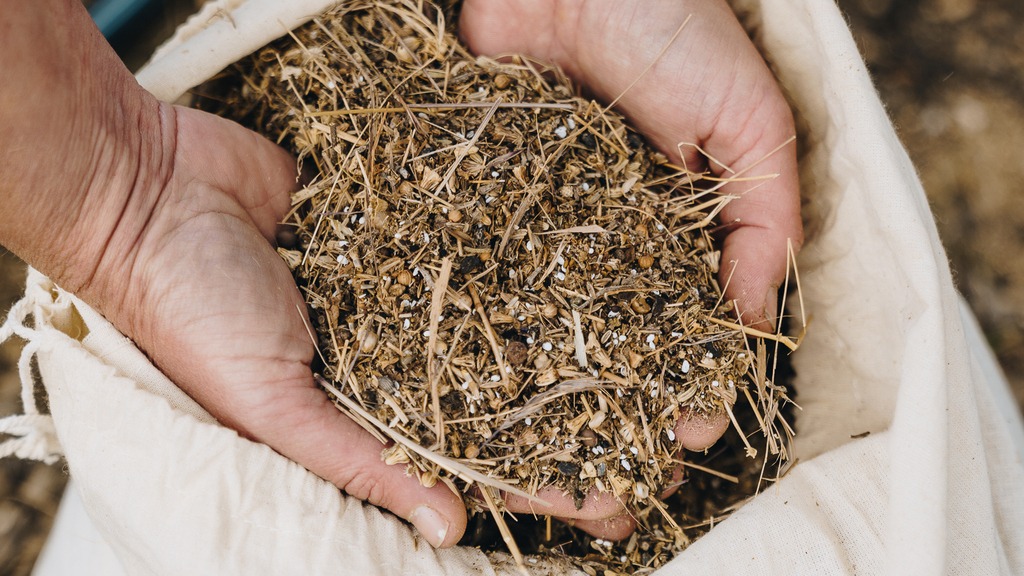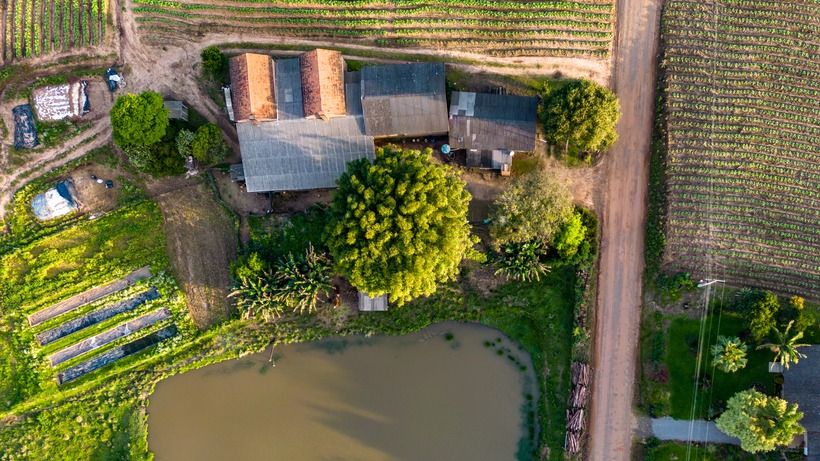FROOF BIOTECH CODE OF GOOD REGENERATIVE AGRICULTURAL PRACTICES
Healthy SOIL – Healthy FOOD – Healthy PEOPLE
Why have we generated our own code?
The purpose of this Code is to establish a standard for regenerative agriculture and to provide clarity to the entire domain. Its primary objectives are to facilitate a seamless and efficient transition from conventional to regenerative agriculture.
- An analytical instrument that provides solutions to various agricultural scenarios that are unique to each farm;
- Comprehensive guide to the various regenerative techniques and practices that are currently available;
- An audit document for farmers and enterprises to evaluate their regenerative potential and develop biodiversity restoration and conservation strategies;
- A constant source of support and assistance during the transition period, providing precise values and data, as well as detailed and relevant information.
Book a free 30- min. meeting with our expert and learn more
The Code is composed of 7 themes
Providing thorough assessment and recommendations from start to finish.
01
Soil management
Soil management aims to reduce mechanical soil disturbance and instead support and preserve the underground ecosystems that bacteria, fungi, and other soil organisms construct, resulting in the production of healthy crops and consistent harvests.
The Code addresses the following:
- Soil erosion
- Cover cropping
- Nutrient cycling
- Carbon storage
- Soil microbiome
- Water retention capacity of the soil
- Diverse harvest

02
Seed and plant selection and propagation

Regenerative agriculture has the aim to preserve and restore an agro-biological diversity of seeds by promoting the preservation and use of heirloom seed varieties, along with a variety of techniques to enhance soil structure and quality.
The Code addresses the following:
- Seed preservation
- GMOs seeds
- Monocropping
- Seed diversity
- Chemical inputs
- Heirlooms seeds
- Diverse harvest
- Seed banks
03
Water managment
Water management that is efficient delivers a transformative opportunity to improve food systems and heal the land, and it also helps to cope with the challenges of climate change and population growth.
The Code addresses the following:
- Water use efficiency
- Soil moisture conservation
- Water sustainability and self-sufficiency
- Water quality
- Soil health
- Farm profitability

04
Nutrient managment

The efficient cycling of nutrients fosters food security, nutrient density of crops, and increased diversity.
The Code addresses the following:
- Soil organic matter (SOC)
- Carbon retention capacity
- Soil type
- Nutritional requirement
- Diagnostics
- Analysis
- Yield potential
- Biofertilizers
- Nutrient uptake
- Nutrient loses
05
Biodiversity
The restoration and conservation of biodiversity on agricultural lands are essential components of regenerative land management. This strategy enables farmers to produce healthy and consistent harvests, earn a fair and consistent income, and contribute to the health and resilience of the European food system by protecting natural resources.
The Code addresses the following:
- Reforestation
- Regenerative land management practices
- Planting field margins and cover cropping
- Establishment of protected areas
- Agroforestry and
agroecology systems - Wildlife-friendly farming and land sparing

06
Animals in regenerative agriculture

The well-being of animals, including those raised for food production, is the focus of this chapter. This includes the foods they consume, the conditions in which they are raised, the fresh air they have access to, their treatment and care during their lives, and the methods used for slaughter.
The Code addresses the following:
- Disease prevention and treatment
- Working with animals
- Animals in regenerative land management
- Management
- Nutrition
- Gentle handling
- Euthanasia
- Proper housing
- Responsible care
07
Holistic farm managment
Holistic management is an approach to farming that considers the entire ecosystem and aims to optimize the health and productivity of the land, animals, and people involved. It involves making decisions based on a comprehensive understanding of the interconnections between various elements of the farm system.
The Code addresses the following:
- Transition from conventional to regenerative
- Carbon farming
- Planning and decision making
- Input reduction
- Farm efficiency
- Autonomy of the farmer
- Community building and increases resilience to natural or economic shocks

